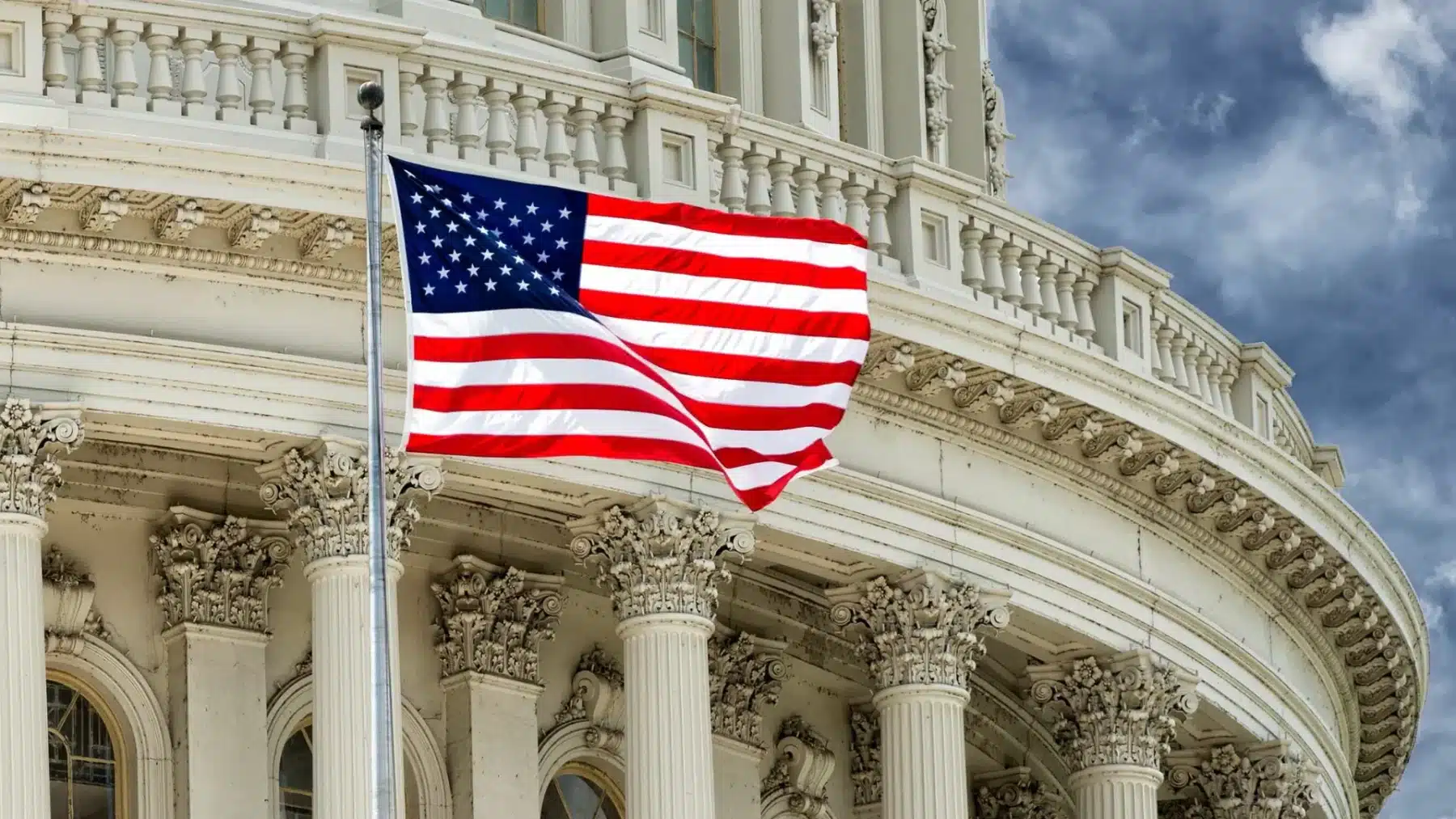Kremlin spokesman Dmitry Peskov has disclosed Moscow's apprehension regarding potential "persecution" faced by US journalist Tucker Carlson, even before his interview with Russian President Vladimir Putin.
In an interview conducted by journalist Pavel Zarubin and released on Sunday, Peskov revealed that it was Carlson who initiated the request for a sit-down with Putin, to which the president promptly agreed.
Despite the eagerness to engage in dialogue, Peskov acknowledged a sense of unease within the Kremlin regarding potential repercussions faced by Carlson. He expressed concerns about the unpredictability of Western actions, suggesting that the West could resort to extreme measures.
The revelation of Moscow's concerns sheds light on the complexities surrounding international media interactions and the diplomatic sensitivities involved in high-profile interviews.
The apprehension over possible persecution underscores broader tensions between Russia and Western nations, where media freedom and journalistic integrity are subject to scrutiny and suspicion.
The interview with Carlson comes at a time of heightened geopolitical tensions and diplomatic maneuvering between Russia and the West. The Kremlin's acknowledgment of potential risks facing Carlson highlights the delicate balance of media relations in an era characterized by political polarization and distrust.
As the international media landscape continues to evolve, incidents like these serve as reminders of the challenges faced by journalists and media organizations in navigating complex geopolitical dynamics and ensuring the integrity of their reporting.
The concerns raised by the Kremlin underscore the importance of safeguarding journalistic freedom and upholding the principles of free speech and press freedom in the face of political pressures and diplomatic tensions.




















